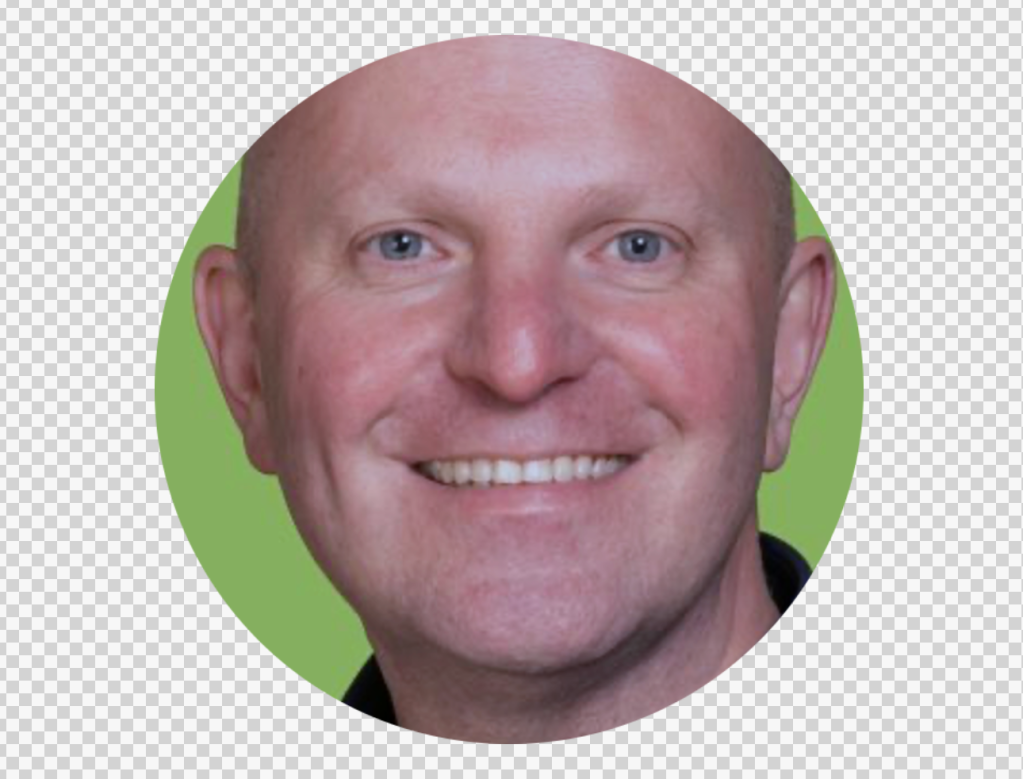Job gap reality check: How HR’s hiring assumptions prevent nabbing top talent

While recruiters scrutinize those mysterious six-month gaps on resumes, nearly half the workforce has been quietly nursing the same “flaw,” according to the latest research.
Career gaps are no longer the exception — they’re virtually the norm. Yet 3 in 10 hiring managers still treat them like a scarlet letter, according to a survey of 1,000 workers by MyPerfectResume.
The disconnect is striking: 64% of candidates would rather play hide-and-seek with their work history than address gaps upfront. Only 1 in 5 will voluntarily explain a gap in application materials. The rest cross their fingers hoping HR won’t notice — or worse, craft workarounds that border on deception.
Gone are the days when a resume gap automatically signaled someone who couldn’t hold down a job. Today’s interruptions tend to reflect a more complex reality, as the report points out. The most common reason, affecting 21% of gap-holders, is layoffs or company restructuring — hardly a personal failing in a volatile economy. Another 13% made strategic career pivots, while 12% each handled caregiving responsibilities or addressed burnout or mental health concerns.
Those are not so much red flags as human experiences that increasingly define modern career paths where job security is a relic and personal well-being has become a workplace priority, according to talent specialists.
“The stigma surrounding career gaps is gradually fading as more employers recognize the value of diverse life experiences,” said Jasmine Escalera, career expert at MyPerfectResume. “This shift reflects a growing understanding that career breaks are often driven by complex, real-world challenges — from caregiving to career transitions.”
Matt Collingwood, founder and managing director of Viqu IT, a recruitment service based in the U.K., has noted a rise in career gaps, something hiring mangers are generally accepting of. “Due to the challenging economic environment and disruption from AI and automation, many candidates are finding themselves longer outside of work, despite their best efforts,” he said.
More than 2 in 5 workers believe employers have become more understanding about career gaps since Covid normalized employment disruptions and mental health prioritization, according to the survey. Yet 30% still perceive hiring managers as gap-averse, creating a standoff where candidates hide information that might actually strengthen their profiles.
When workers rank the acceptability of such gaps, medical issues top the list, at 75% acceptance, followed by caregiving responsibilities (69%) and education (65%). Meanwhile, addressing mental health or burnout — often the most stigmatized reason — is considered reasonable by 2 in 5 workers.
Smart HR leaders are already shifting perspective. Someone who bounced back from layoffs demonstrates resilience that can’t be taught in corporate training, while candidates who invest in education demonstrate strategic thinking. Workers who navigate caregiving bring work-life balance wisdom that may head off burnout.
“Today’s job seekers can leverage these experiences to showcase resilience, adaptability and personal growth,” Escalera said.
The question may not be whether an employer’s next hot prospect has a resume gap but whether they are sophisticated enough to see past it to the prospect’s potential. After all, in a tight labor market, can an employer really afford to disqualify nearly half of candidates over something that’s become the new normal?


